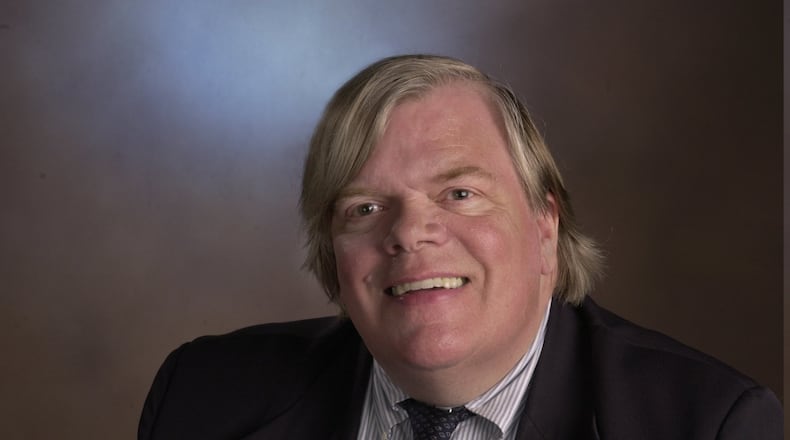Two justices, Democrat Jennifer Brunner and Republican Sharon Kennedy, are vying to become chief justice. Two other associate justices, both Republicans, are seeking re-election – Justices R. Patrick (Pat) DeWine, Gov. Mike DeWine’s son, and Patrick F. Fischer.
The Democrat challenging Justice DeWine is Judge Marilyn Zayas of the Cincinnati-based Ohio Court of Appeals (1st District). The Democrat challenging Justice Fischer is Judge Terri Jamison of the Columbus-based Ohio Court of Appeals (10th District).
The GOP-run General Assembly has already tweaked the judicial ballot so, for the first time since before World War I, party affiliations will flank the names of Supreme Court and Ohio Court of Appeals candidates. That may help voters decide who’s who, philosophically.
The reason Republicans didn’t leave the judicial ballot alone is that the Supreme Court has become less passive than it was about the General Assembly’s antics in treating the Ohio Constitution like Silly Putty.
There are a couple questions Ohio voters can ask, besides party labels, to suggest how a high court candidate might see the rights of injured people vs. insurance companies, and homeowners and renters vs. utilities.
Question One is whether a candidate for the Supreme or Appeals court thinks legislators may or may not use “tort reform” to override the Ohio Constitution’s promise that, every person, “for an injury done him in his land, goods, person, or reputation, … remedy by due course of law.” The General Assembly has repeatedly undercut that guarantee by forbidding Ohioans injured by wrongdoers to collect the full amount of damages a jury awards.
To give a condensed version of that history – of the General Assembly’s bias against injured people – here’s what former Justice Paul E. Pfeifer, a pro-plaintiff Bucyrus Republican, wrote in a 2007 dissent: “Between business interests and the people of Ohio, the legislature prefers business.” What do this year’s Supreme Court nominees say to that? (The evidence says Pfeifer’s right.)
Then there’s the so-called KECO doctrine, observed since the 1950s. It says that if a public utility is allowed (by the Public Utilities Commission of Ohio) to charge customers a rate that is later overturned by the courts, the utility must stop charging that rate – but the utility still gets to keep the overcharged amount.
That’s fair? No. That’s Ohio.
FOLLOW-UP: Last week’s recap of the Great Lakes Compact (shielding the lakes from water-raids by thirsty western states) should have credited then-Gov. Bob Taft and his aides for helping negotiate and win ratification of the agreement.
Taft, governor from 1999 through 2006, chaired the Council of Great Lakes Governors. He and key aides – then-Natural Resources Director Sam Speck and Taft’s chief policy adviser, Kate Bartter (now head of Ohio State’s Sustainability Institute) – helped negotiate the compact, which Ohio, the other Great Lakes states and Ontario and Quebec signed.
Taft and his administration’s work poised the compact for approval by the legislature and Taft’s successor, Gov. Ted Strickland. “We consider [the compact] one of the primary achievements of the Taft administration,” Bob Taft recently said. And he’s correct.
Thomas Suddes is a former legislative reporter with The Plain Dealer in Cleveland and writes from Ohio University. You can reach him at tsuddes@gmail.com.
About the Author
